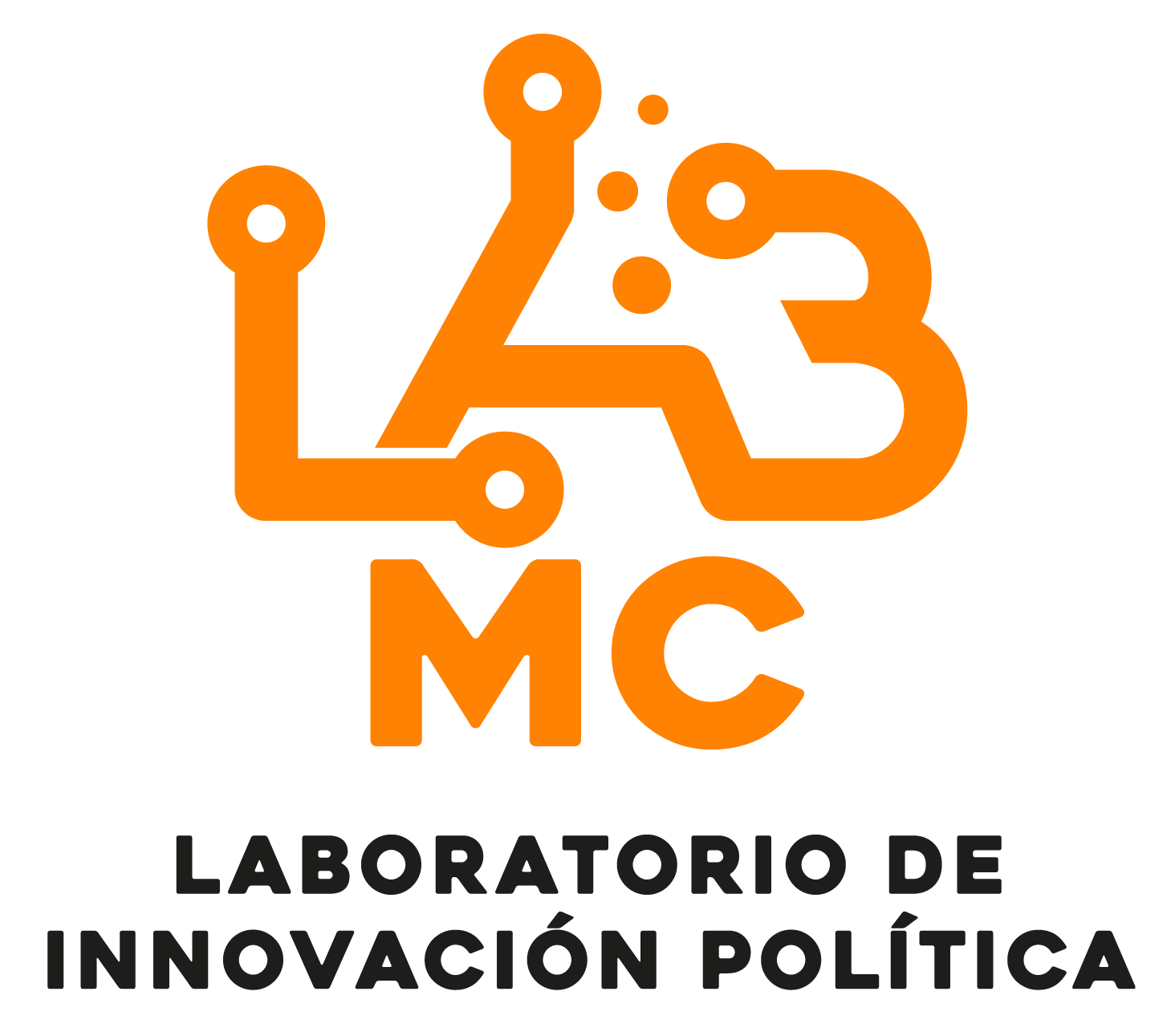Digital democracy
Digital democracy
In the last decade, technology has permeated various aspects of people’s lives, transforming the way we communicate, work, and relate to one another. This radical change has also left its mark on the political sphere, giving rise to what specialists in the field of Political Science refer to as digital democracy (Berg and Hofmann, 2021). Digital democracy is a phenomenon that links information technology and the citizen participation, aiming to revitalize and strengthen the foundations of traditional democracy by leveraging digital tools.
The ability to engage citizens in the decision-making process through online surveys, public consultations, petition signing, citizen conversations, and other forms of electronic interaction not only expands the base of participants but also streamlines the consultation and decision-making process.


Digital democracy represents a significant step toward the modernization and strengthening of democracy. By leveraging digital tools, citizen participation can be expanded, transparency can be promoted, and decision-making can be improved. However, it is crucial to address the associated challenges to ensure that digital democracy is inclusive, equitable, and sustainable in the long term.
This of representative democracy is the democracy of the 21st century, as in a globalized and digitized world filled with social networks, it is essential for digital democracy to reach every corner of the internet, opening new ways of interaction between citizens and their governors and candidates.
From the Political Innovation Lab of Movimiento Ciudadano, we set out to create projects that provide these new forms of participation, such as Avatars, which are the graphical representation of a candidate and a governor. Their main purpose is to connect citizens with governors and candidates to hear their proposals and needs.
In the contemporary world, political participation is influenced by technology and the media. Social networks and online platforms have expanded opportunities for citizens to engage and voice their opinions. However, as mentioned earlier, they also present challenges, such as the spread of misinformation and political polarization.
In this context, where digital media have expanded channels for citizen participation, new ways of doing politics emerge through unconventional participation mechanisms with a powerful potential to influence and reconfigure their sphere of action in order to impact the realm of governance.
Digital platforms, digital social networks, and mobile applications have enabled citizens to express their opinions more quickly and accessibly. Digital participation not only facilitates the collection of data and opinions, but also encourages ongoing dialogue between citizens and their representatives. This continuous dialogue is essential to prevent disconnection between the government and society, thereby promoting more transparent and responsive governance.
